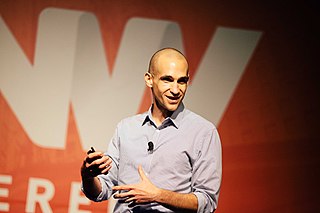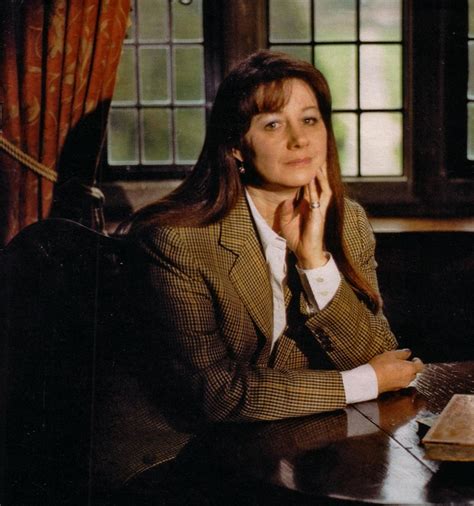A Quote by Amy Jo Martin
When choosing between two similar applicants, hiring managers are increasingly turning to social media outlets to supplement information they are unable to glean from applications or interviews.
Related Quotes
While social media skills were once a 'nice-to-have,' accreditation in the space is becoming a requirement for many of these job titles. Hiring managers and job seekers are realizing that printing stacks of resumes is turning passe, and social media is rising as the new way of generating real-time networking opportunities.
Working with lots of old media clients, I've had a front-row seat on the ascension of new social players and the decline of traditional news outlets. And it's clear to me that old media has an awful lot to learn from social media, in particular in five key areas: relevance, distribution, velocity, monetization, and user experience.
I remember when I was in Mid-South and they used to tape interviews every Wednesday morning, and I wasn't required to go to the interviews because I was a rookie and I wasn't cutting any interviews - I was a curtain jerker. But I went every Wednesday anyway because I was going to watch those guys and I was going to glean from them.































